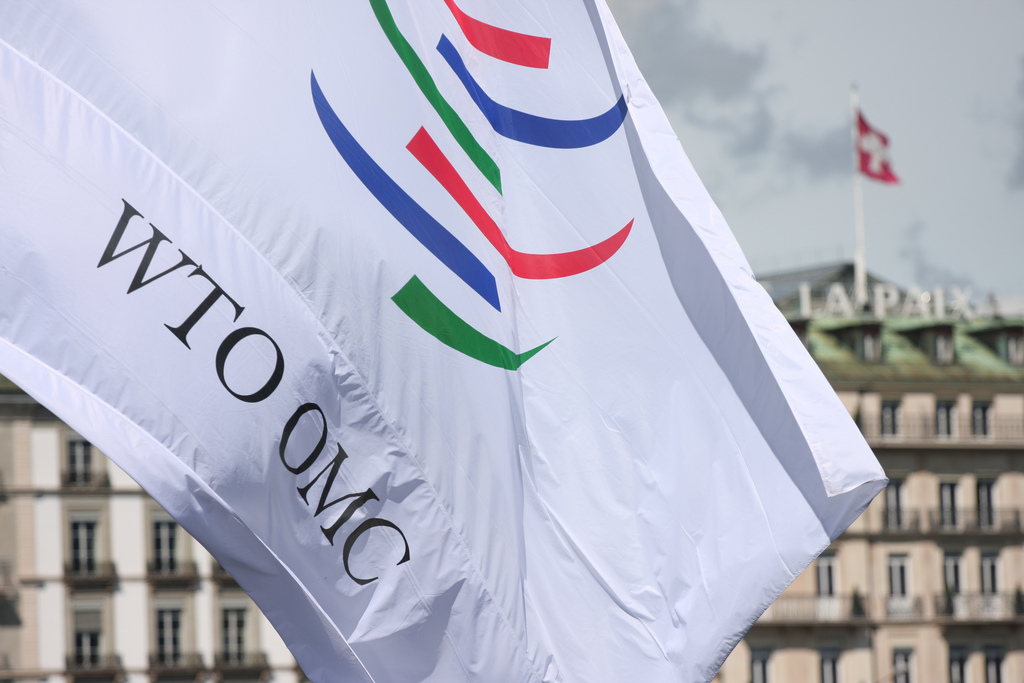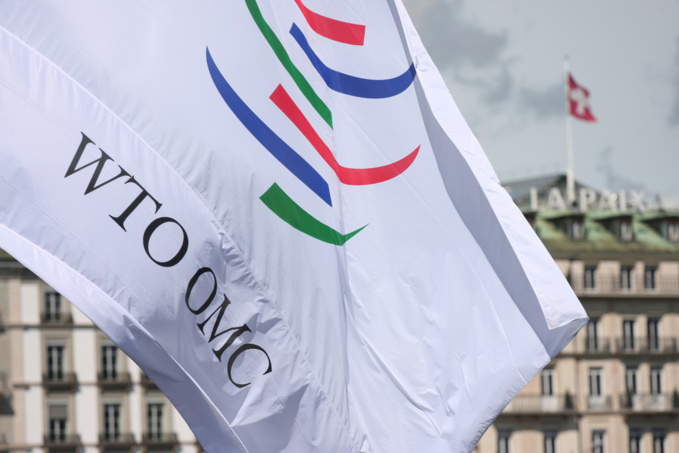The EU countries, as well as China, Canada, India, Norway, New Zealand, Switzerland, Australia, South Korea, Iceland, Singapore and Mexico yesterday submitted joint proposals for the reform of the WTO Appellate Body, which at the end of 2019 can stop its work due to the US blocking the process of appointing new judges. The United States, we recall, is dissatisfied with actions of the WTO - in particular, the fact that within the organization there is no punishment for countries that violate requirements of trade policy transparency (including not notifying them of the new measures taken).
Now, the Appellate Body of the WTO is working "at low speed." In the past six months, the court issued only three decisions, another 11 cases are pending. The problem is that now, of the seven positions in the appeals body, only three are occupied (this is the necessary minimum for reviewing claims). However, the terms of two judges from this “troika” expire in December 2019. “Without this key regulatory compliance mechanism, an important mechanism for maintaining stability in world trade will be lost,” said Commerce Commissioner Cecilia Malmström, presenting the proposals yesterday. It is assumed that the initiatives will be reviewed at the WTO Council on December 12.
In particular, countries propose to give judges the opportunity to continue working on lawsuits even after the end of their formal term. It was also proposed to increase the number of judges to nine and prescribe the requirement of their full employment in this position. It is also proposed to simplify the appeal procedures - so that the appeal hearing really takes no more than 90 days as expected (unless otherwise agreed by the parties). Judges will only have to deal with issues necessary to resolve the dispute, and will not be required to interpret conflicts in the domestic regulatory framework of countries. To improve the work of the body, it is also proposed to hold special meetings once a year to discuss the established practice. This measure should be a response to the criticism that the body refers to its previous decisions as precedents.
source: reuters.com
Now, the Appellate Body of the WTO is working "at low speed." In the past six months, the court issued only three decisions, another 11 cases are pending. The problem is that now, of the seven positions in the appeals body, only three are occupied (this is the necessary minimum for reviewing claims). However, the terms of two judges from this “troika” expire in December 2019. “Without this key regulatory compliance mechanism, an important mechanism for maintaining stability in world trade will be lost,” said Commerce Commissioner Cecilia Malmström, presenting the proposals yesterday. It is assumed that the initiatives will be reviewed at the WTO Council on December 12.
In particular, countries propose to give judges the opportunity to continue working on lawsuits even after the end of their formal term. It was also proposed to increase the number of judges to nine and prescribe the requirement of their full employment in this position. It is also proposed to simplify the appeal procedures - so that the appeal hearing really takes no more than 90 days as expected (unless otherwise agreed by the parties). Judges will only have to deal with issues necessary to resolve the dispute, and will not be required to interpret conflicts in the domestic regulatory framework of countries. To improve the work of the body, it is also proposed to hold special meetings once a year to discuss the established practice. This measure should be a response to the criticism that the body refers to its previous decisions as precedents.
source: reuters.com



















